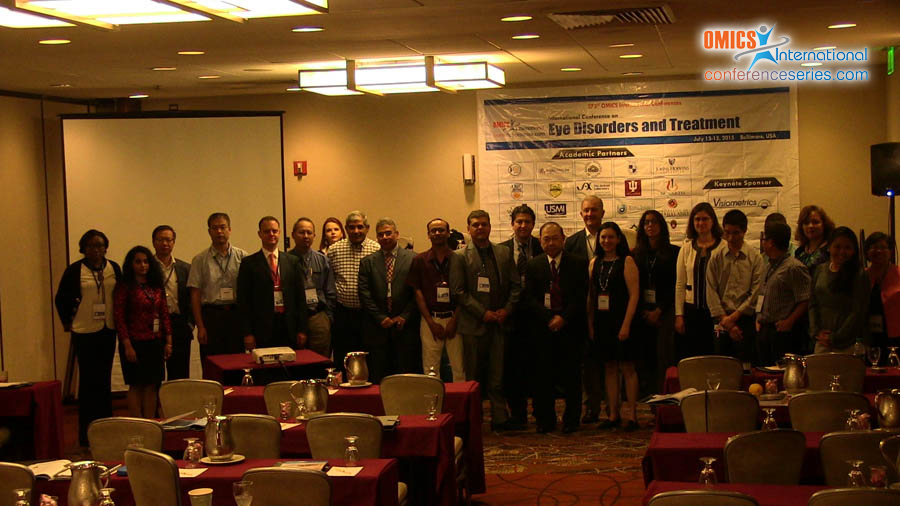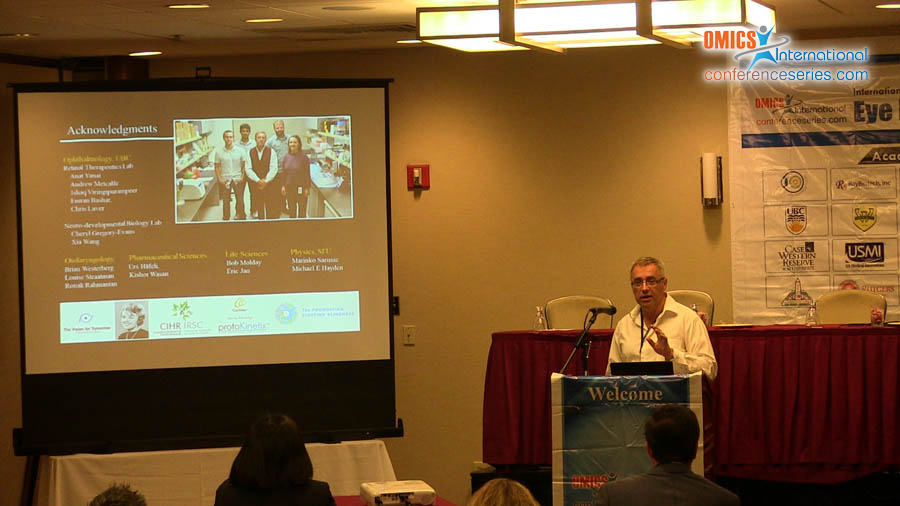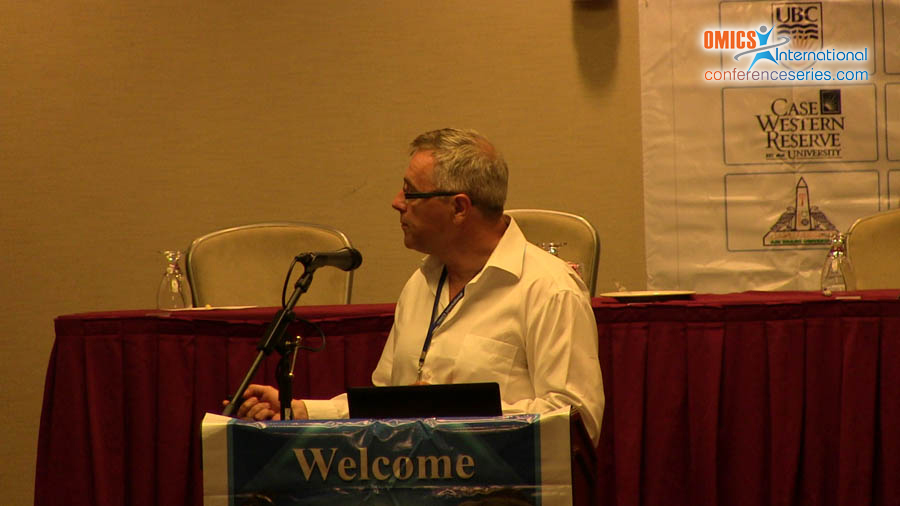
Kevin Gregory-Evans
University of British Columbia, Canada
Title: Nonsense suppression drugs and their potential in the treatment of eye disease
Biography
Biography: Kevin Gregory-Evans
Abstract
Nonsense mutations, modifications of sense codons that instead of encoding for specific amino acids alternatively result in a chain-termination signal and truncated RNA are thought to cause as much as 12% of all human genetic disease. In the eye, nonsense mutations are particularly associated with diseases such as retinitis pigmentosa, Leber’s congenital amaurosis, choroideremia, macular degeneration (Stargardt’s disease) and developmental anomalies such as aniridia. Recently a number of small molecule therapeutics has been studied for their ability to over-write nonsense mutations resulting in full length RNA and disease inhibition. Approximately 50% of PAX6 mutations causing aniridia are in-frame nonsense mutations. Using the small eye (Pax6Sey/+; G194X) mouse model of aniridia we have looked at the effects of the nonsense suppression drug Ataluren. We have documented a remarkable reversal of phenotype using this drug in a topical formulation (START therapy) and have found that histologic and functional benefits (electroretinography, optokinetic tracking responses) are dose sensitive. Most recently we have seen that topical and systemic Ataluren is also effective in inhibiting progression of retinal disease phenotypes suggesting that ocular disease could be a particular target for nonsense suppression strategies.



